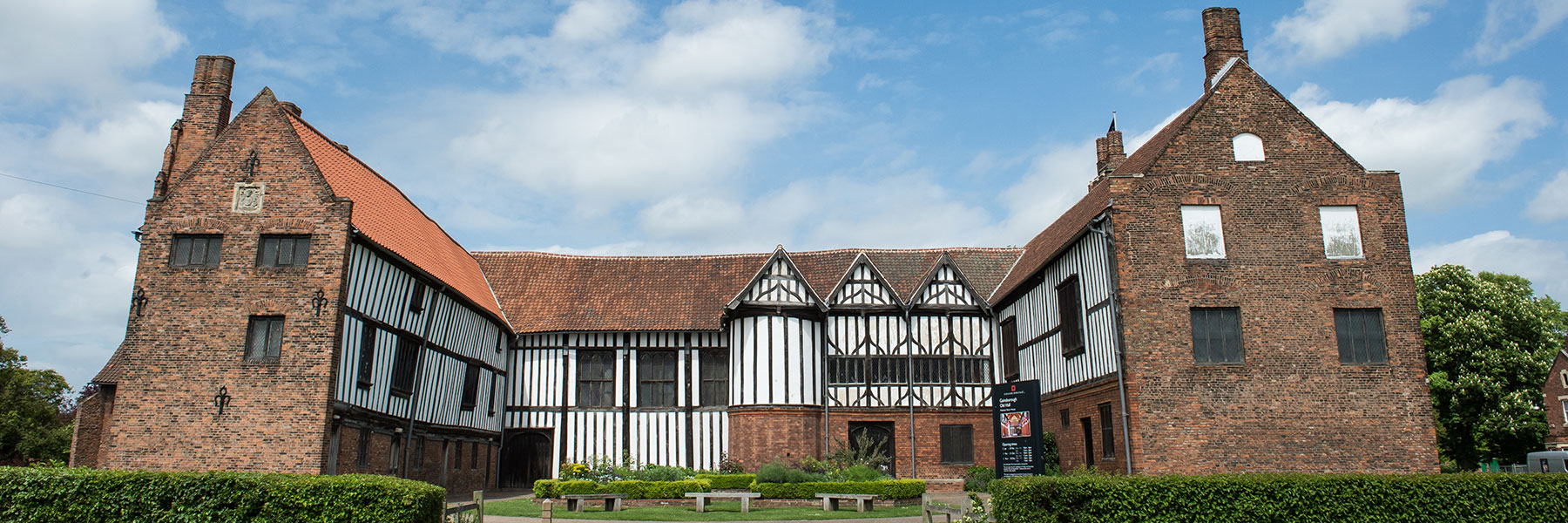
From Gainsborough to Immingham to Holland
After a failed first attempt to escape England from Boston on the south Lincolnshire coast, the Pilgrims needed to think again about their plans. They were still resolved to go, and so needed to come up with an alternative route.
We pick up the story in Pilgrim William Bradford’s diary:
“The next spring after [in 1608], there was another attempt made by some of these and others, to get over at another place. And it so fell out, that they [heard] of a Dutchman at Hull, having a ship of his own belonging to Zealand [Dutch province]; they made agreement with him, and acquainted him with their condition, hoping to find more faithfulness in him, than in the former of their own nation. He bade them not fear, for he would do well enough. He was by appointment to take them in between Grimsby & Hull, where was a large common a good way distant from any town.”
They realised they needed to keep out of the way of the authorities, so arranged to meet a Dutch ship near Stallingborough (next to Immingham), this time on the northern coast of Lincolnshire, near where the River Humber joins the North Sea. Much of what is known about the Pilgrims’ journey there comes from some documents in The National Archives called the Grimsby Depositions, and was revealed by Nick Bunker in his book, Making Haste from Babylon.
These documents describe how some of the Separatists left from Gainsborough on a barge on the River Trent, while another group walked overland to reach Stallingborough, stopping overnight in Caistor. Many people were also picked up on the way by the barge, so that there were over 80 of them by the time they reached the rendezvous point with the Dutch ship. And then, according to Bradford:
“Now against the prefixed time, the women & children, with the goods, were sent to the place in a small barke [boat], which they had hired … and the men were to meet them by land. But it so fell out, that they were there a day before the ship came, & the sea being rough, and the women very sick, prevailed with the seamen to put into a creek hard by, where they lay on ground at low water.
The next morning the ship came, but they were fast, & could not stir till about noon. In the meantime, the ship’s master, perceiving how the matter was, sent his boat to be getting the men aboard whom he saw ready, walking about the shore.
But after the first boat full was got aboard, & she was ready to go for more, the master spied a great company, both horse & foot, with bills, & guns, & other weapons; for the country was raised to take them. The Dutch-man seeing it, swore his country’s oath, “sacremente,” and having the wind fair, weighed his anchor, hoist sails, & away.
But the poor men which were got aboard, were in great distress for their wives and children, which they saw thus to be taken, and were left destitute of their help; and themselves also, not having a cloth to shift them with, more than they had on their backs, & some scarce a penny about them, all they had being aboard the barke.
It drew tears from their eyes, and anything they had they would have given to have been ashore again; but all in vain, there was no remedy, they must thus sadly part.”
Once again, the Pilgrims faced a desperate situation, with the women and children stranded in England as their husbands and fathers sailed on for Holland.
Next week: Separation – the Pilgrims’ flight from England doesn’t go to plan…


